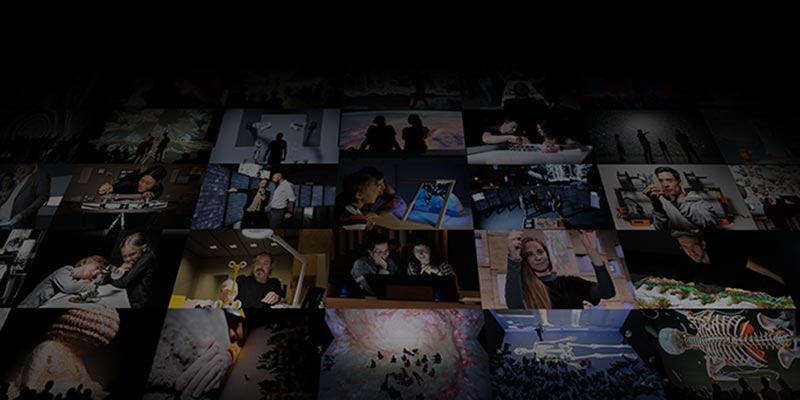Learning is not a phenomenon of the mind, as scholars and scientists have propagated for many centuries. Learning is based on sensomotoric processes, according to the thesis of embodiment. The acquisition of the mother tongue takes place when children explore the world through sensomotoric processes and experience the designations of objects, actions and emotions from their caregivers in communicative interaction. In the foreign language, however, reading and writing alternate. Nevertheless, there is the possibility of bringing sensomotoric experience, for example through gestures, into foreign language teaching. Compared to traditional audio-visual learning, gestures increase the amount of words learned. They also remain longer in memory. Neuroscientific studies show that the use of gestures leads to extensive networks in the brain. In their expansion, such networks reflect the learning modalities used: they combine language with sensory perception and motor programs. Furthermore, gestures use two memory systems: declarative and procedural memory. This may explain the superior retention of words learned through gestures compared to audio-visually learned words.
Manuela Macedonia is an internationally recognized expert in embodiment. She received her doctorate in Salzburg in 2003 with a dissertation on sensomotoric learning of foreign languages from the memory expert Wolfgang Klimesch.
At the Max Planck Institute for Human Cognitive and Brain Sciences Leipzig she worked in the Department of Neuropsychology with Angela Friederici from 2007-2010 and in the research group Neuronal Mechanisms of Interpersonal Communication from 2011-2018. Currently she is affiliated with the research group “Neuronal Plasticity in Gesa Hartwigsen” and researches further aspects of speech memory. Since 2012 Macedonia has been a senior researcher at the Johannes Kepler University and since 2019 at the Linz Center of Mechatronics in the development of digital coaches. They are designed to virtually accompany people through learning processes. In March 2020 “Bewegtes Lernen – Handbuch für Forschung und Praxis” was published by Lehmann Verlag (Berlin). For this, Manuela Macedonia acted as co-editor together with her colleague Christian Andrä from the University of Leipzig. The collection of articles also contains 2 contributions by the neuroscientist on the theory and practice of embodiment of foreign language.

